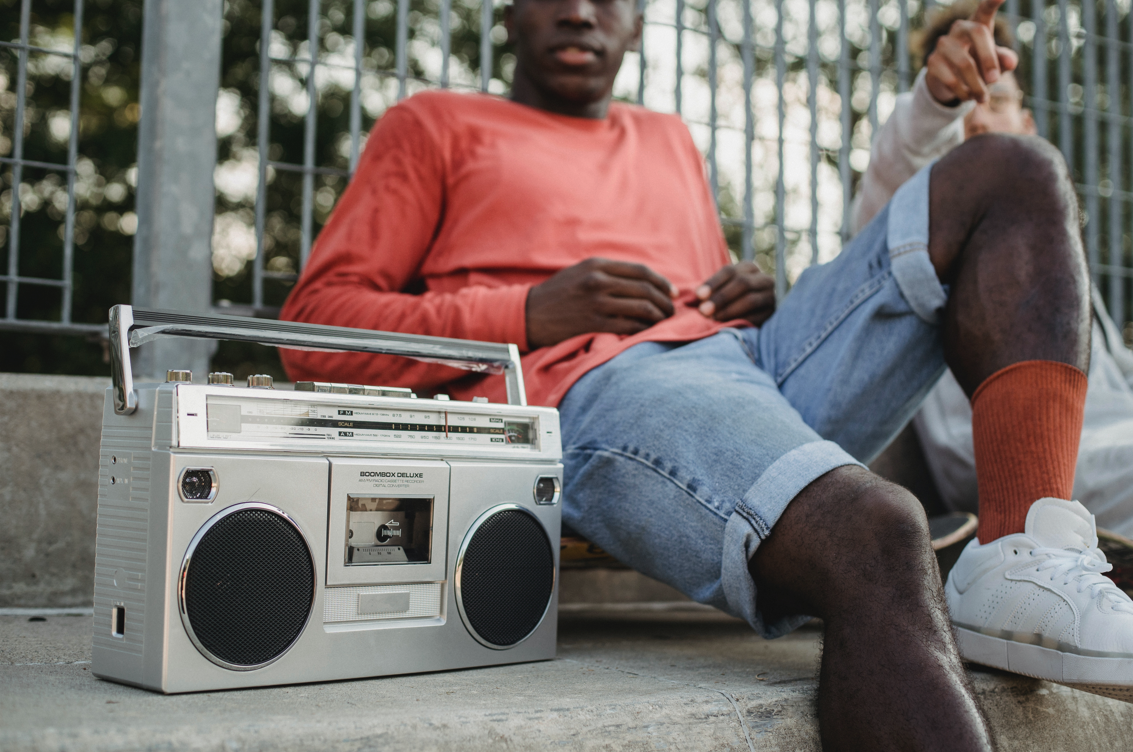
Are Song Request Programs A Thing of the Past?
By Andy Beaubien, BPR

Song request programs date back to the early days of format radio. This was a time when music fans had only two options if they wanted to hear a favorite song – purchase the vinyl recording or call into a station and ask for the song to be played on the radio. Another less practical option was to play the song on a jukebox. Request programs became extremely popular. They served to bond the listener with a station. After all, if one was able to call into a program and have their favorite song played, that station had a real possibility of becoming that listener’s preferred station. Request programs also had a social side. A listener could dedicate a song to a special friend and that friend could then hear the song being played especially for them. And then the Internet came along…
With the advent of the Internet, music fans were able to hear their favorite genre of music via platforms such as Spotify. Soon after, music fans were offered subscription services such as Amazon Music and Apple Music that offered them the option of downloading or streaming specific songs and albums. Amazon Music now boasts of having a library of 90 million songs and podcasts. Now that’s real music variety!
Radio stations no longer have the advantage of music on demand. Research has shown that listener interest in song request programs is in the decline. And yet, many stations are still reluctant to abandon the song request program. Of course, there are some markets around the world where Internet penetration and access to digital technology are limited. However, these markets are rapidly becoming the exception.
Although digital audio consumption is booming, many radio operators are being left behind. In spite of audience research findings to the contrary, many operators simply do not want to admit that they no longer have a monopoly on audio. The reluctance to accept new realities is a big problem for radio broadcasters.
Perry Michael Simon, editor of all access.com, described the challenge that radio faces in a succinct manner when he wrote:
You can stay in your comfort zone, keep doing what you’re doing, and hope for the best, or you can adapt and try doing different and even risky things. Okay, three ways: You can also give up.
Although most radio operators are not prepared to give up the fight, the “keep doing what you’re doing, and hope for the best” option reflects the attitude of far too many in our business.
Creativity and imagination have always been a hallmark of our industry. When television came along, many people said that radio was doomed. However, radio did not fade away but rather it changed. New formats such as top 40, classic oldies and album-oriented rock found an audience eager to hear their favorite music. The development of talk radio brought to the industry an audience that many had given up for lost.
Radio is once more faced with major challenges. Doing the same thing simply will not work in the face of today’s highly competitive audio marketplace. We need to try new things and encourage new thinking. The future of our industry belongs to creative risk takers.
Discussion
No comments on this post yet, start a discussion below!